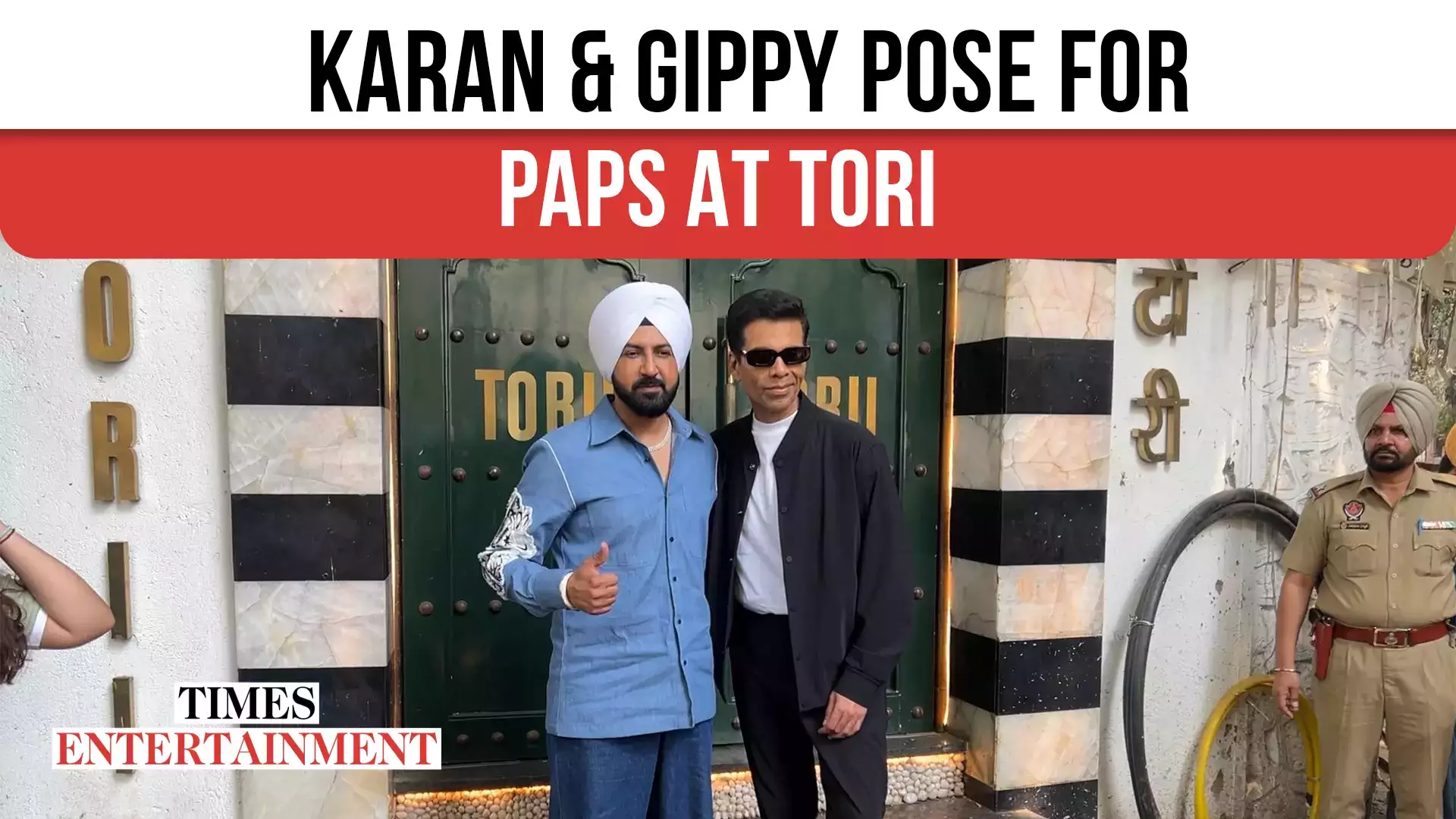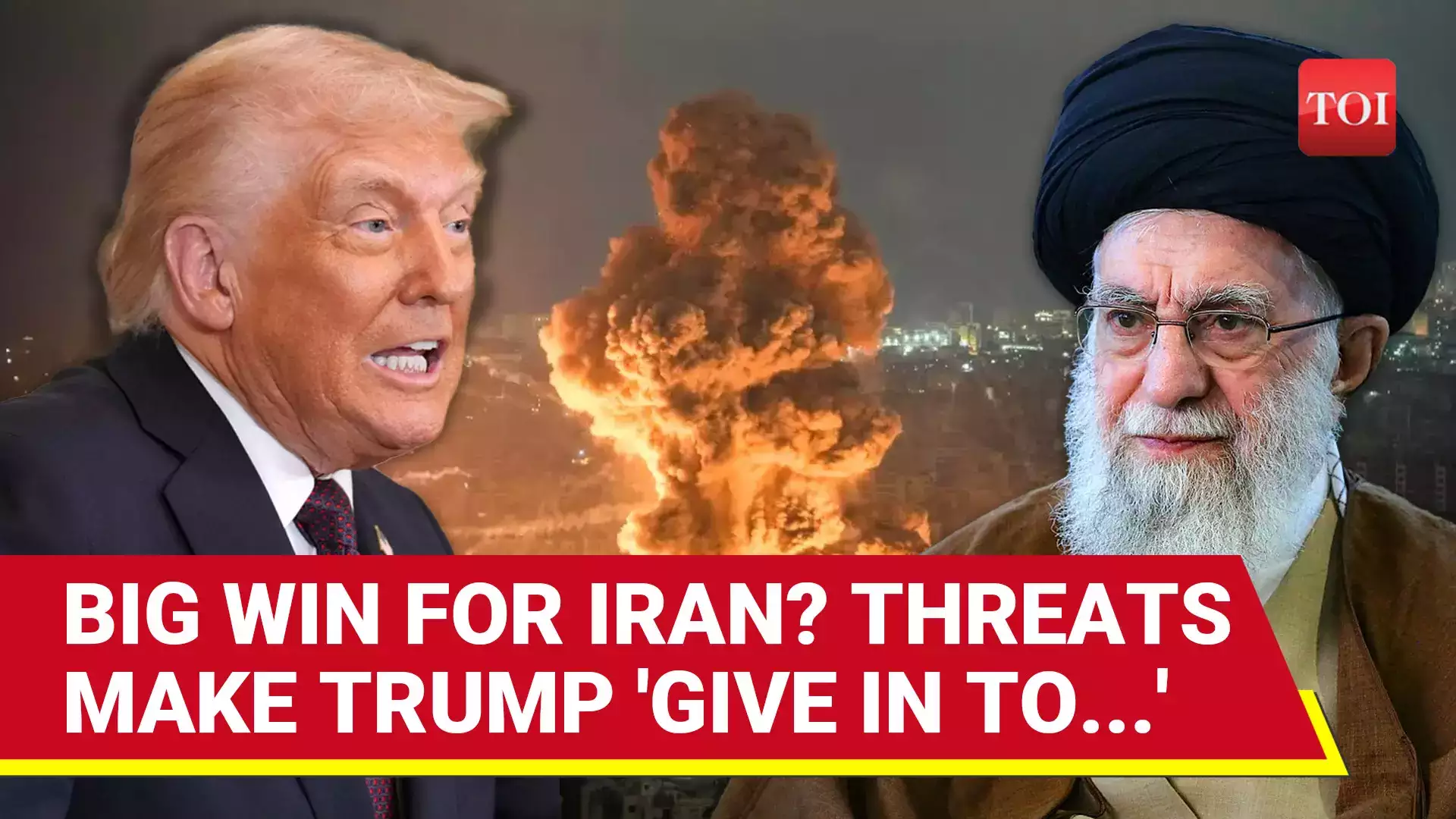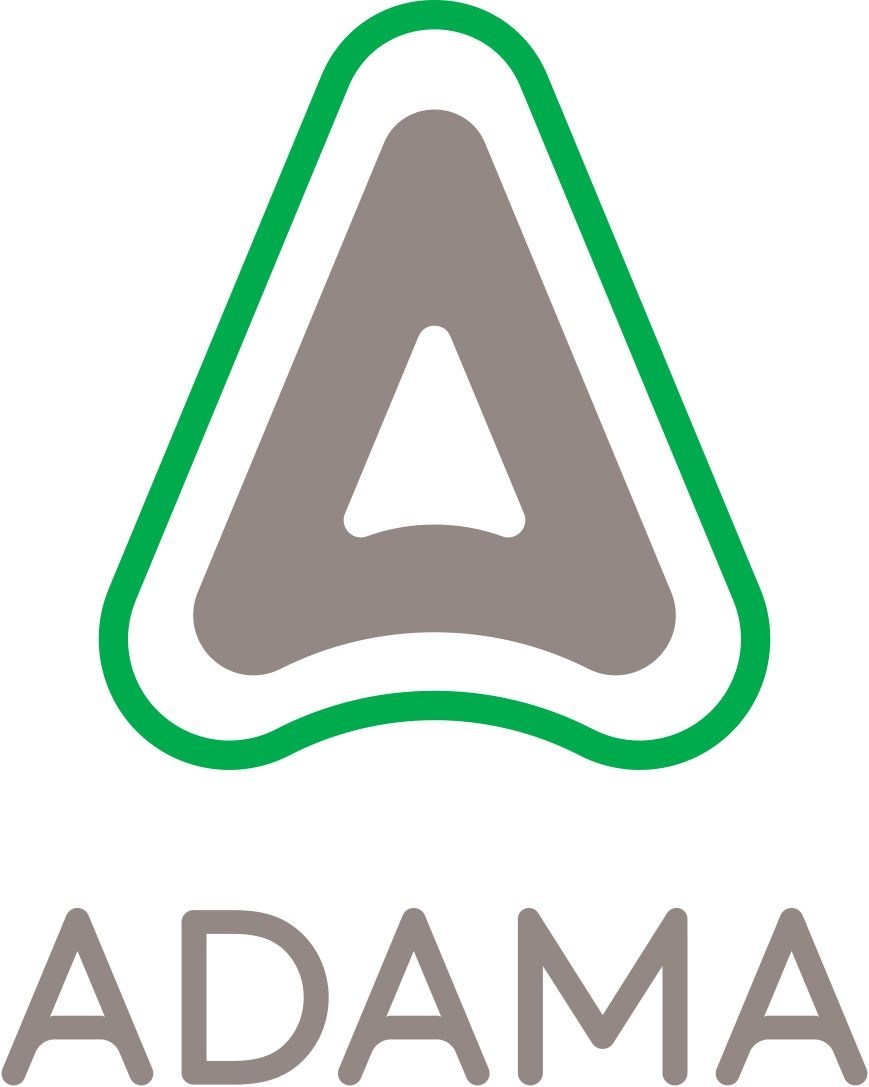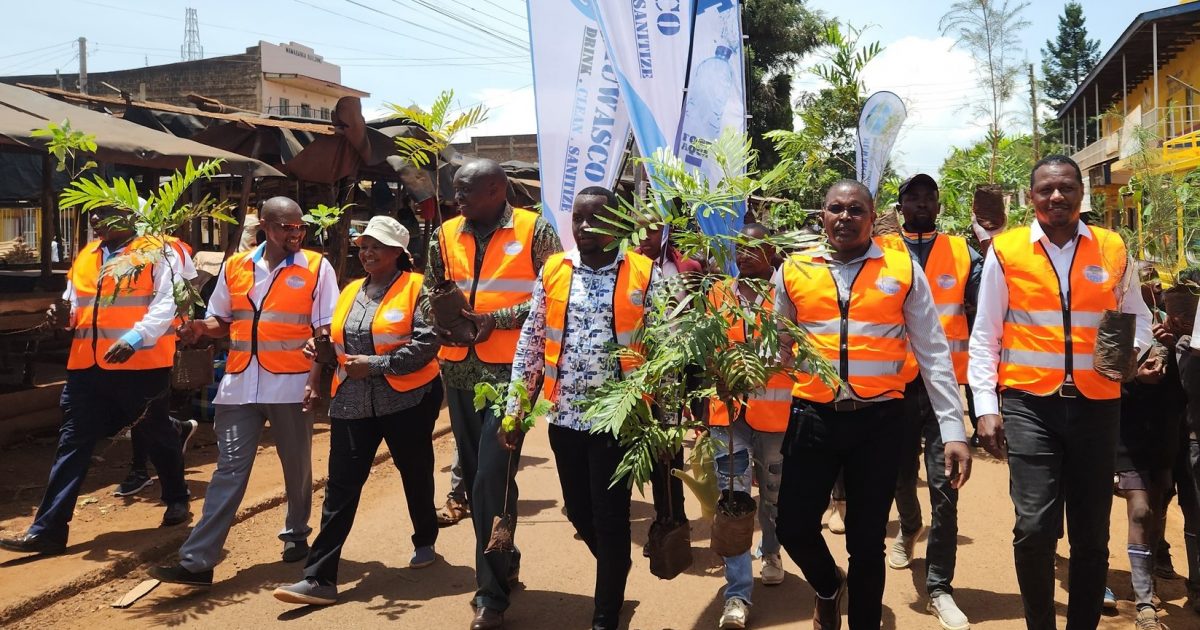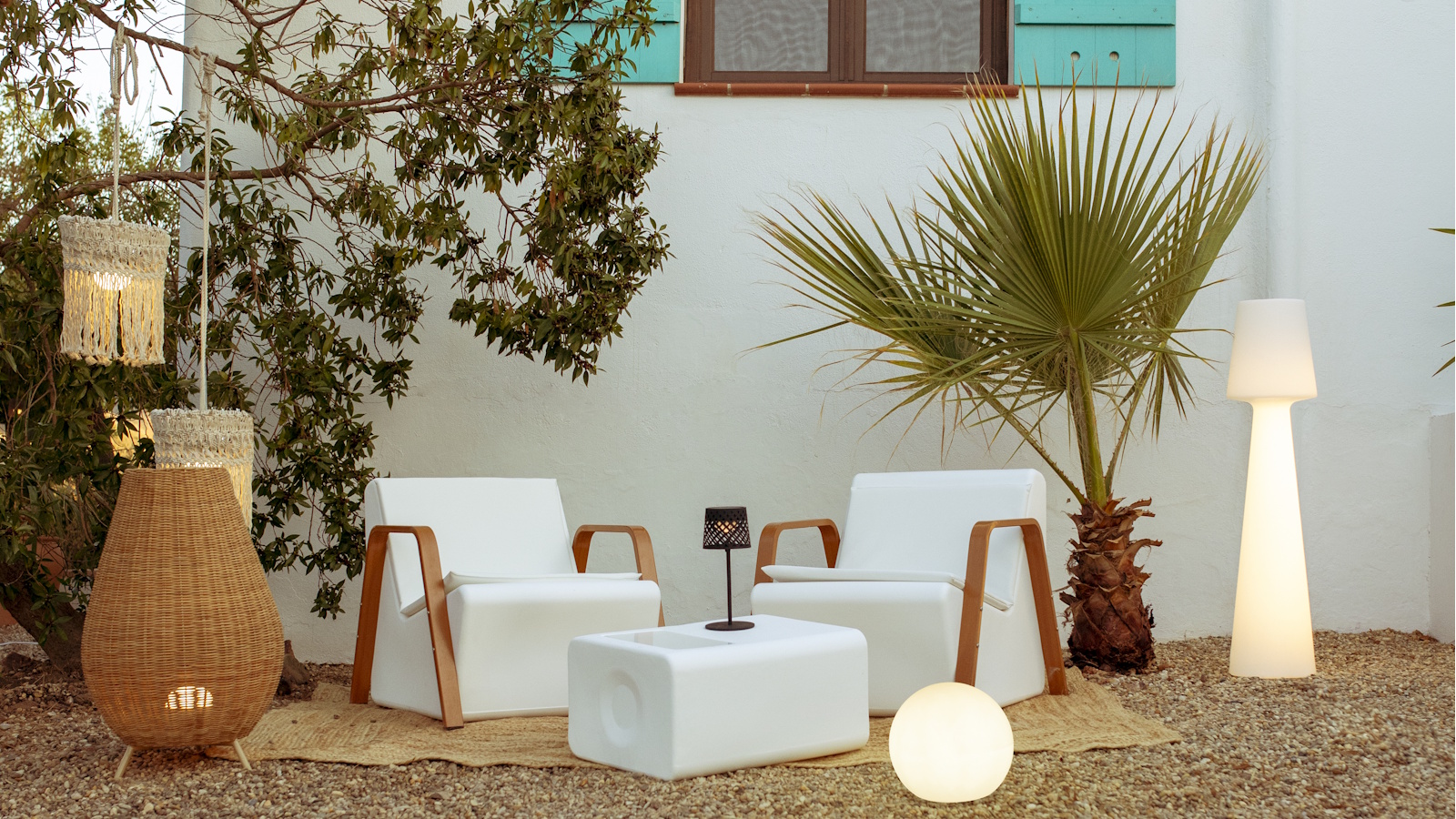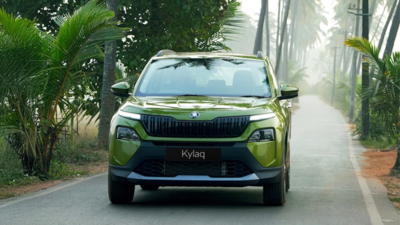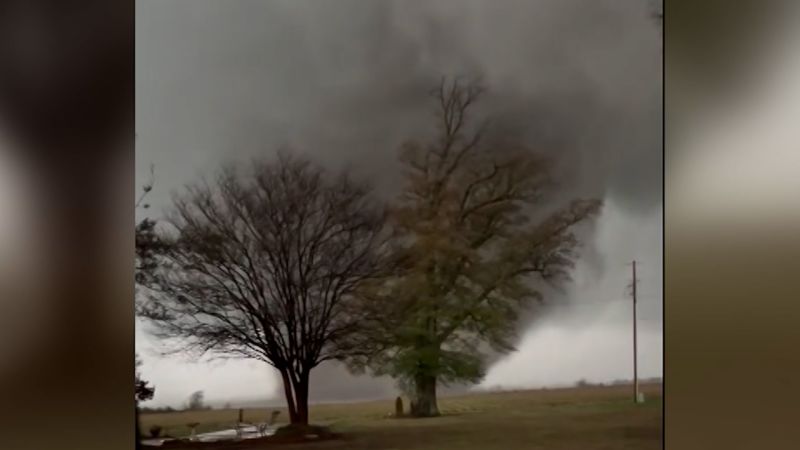
India’s largest carmaker, Maruti Suzuki, believes electric vehicles (EVs) will take time to gain mass adoption, as customers still see them as secondary cars and remain concerned about public charging infrastructure, battery range, and post-sales support. However, Hyundai, the country’s second-largest carmaker, takes a different view, expecting EV sales to nearly double to 5% of total car sales by FY27 from an estimated 2.7% in 2024-25.
This comes at a time when the central government is actively discussing plans to phase out petrol and diesel vehicles in Delhi-NCR in a bid to tackle air pollution. However, the comments were not based on reports that government is discussing phasing out fuel vehicles. Maruti has been among the slowest large carmakers to launch EVs, and its doubts about their mainstream acceptance persist.

“EVs sold today are not primary cars, but rather secondary. Till the time we don't solve customer concerns on range, charging infrastructure and post-sales, buyers will not have confidence. EVs will remain a secondary car, where numbers will not grow fast,” TOI quoted Partho Banerjee, senior executive officer (marketing & sales) at Maruti Suzuki, as saying.
Maruti showcased its first EV, the eVitara, in January and plans to launch it later this year. Banerjee said the government and carmakers must work together to resolve customer concerns.Hyundai, however, is optimistic.
Tarun Garg, chief operating officer at Hyundai India, said the increasing presence of major brands like Tata, Mahindra, Hyundai, Kia, and Maruti in the EV market is shifting consumer sentiment. “We believe the share of EVs will become 3.5% by the close of fiscal FY26, and thereafter move up to 5% in the next fiscal,” Garg said.
Tata Motors remains the market leader in EVs, followed by JSW MG. Customers are witnessing a surge in EV launches this year, with carmakers expanding their model range and market reach.Maruti’s stance on EV adoption comes as its Japanese parent, Suzuki, recalibrates its strategy for the Indian market.
Initially planning to launch six EVs by 2030, the company has now scaled that down to four.Meanwhile, discussions are underway at the highest levels of the central government regarding a phased exit of petrol and diesel vehicles from Delhi-NCR. According to ET, a key proposal is to allow new vehicle registrations only for EVs, CNG, or hybrids, while gradually phasing out petrol and diesel models.
Timelines are still under discussion, but sources indicate that some restrictions could come into effect within this financial year. By the end of 2025, Delhi may begin registering only buses that run on cleaner fuels. For three-wheeler goods vehicles and light commercial vehicles, the transition could extend into 2026 or 2027.
Commercial taxis are expected to have a longer transition period, while privately owned cars and two-wheelers will be the last to shift. Restrictions on registering new petrol and diesel private vehicles could be implemented between 2030 and 2035.Authorities plan to roll out these measures in stages, starting with Delhi, followed by high-traffic districts such as Gurugram, Gautam Buddh Nagar, and Ghaziabad, before expanding across NCR.
There are also discussions about barring all goods vehicles below BS VI emission standards from entering Delhi, a rule that could take effect within a year.In addition to vehicle restrictions, efforts are being made to address road dust, a major contributor to air pollution. Officials have identified nearly 2,000 km of roads in Delhi that require redevelopment, paving, and greening.
Plans include deploying mechanised sweepers, anti-smog guns, and water sprinklers, with discussions ongoing on funding and implementation..




